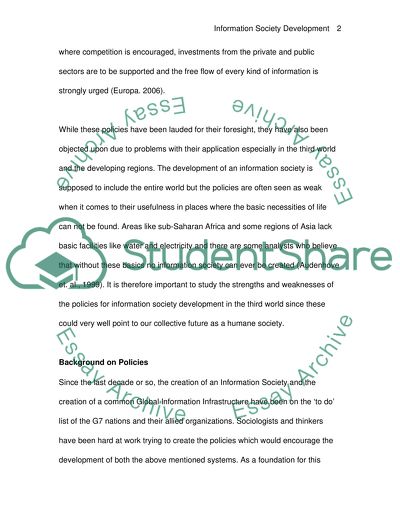Cite this document
(“Information society Essay Example | Topics and Well Written Essays - 2500 words”, n.d.)
Information society Essay Example | Topics and Well Written Essays - 2500 words. Retrieved from https://studentshare.org/miscellaneous/1536604-information-society
Information society Essay Example | Topics and Well Written Essays - 2500 words. Retrieved from https://studentshare.org/miscellaneous/1536604-information-society
(Information Society Essay Example | Topics and Well Written Essays - 2500 Words)
Information Society Essay Example | Topics and Well Written Essays - 2500 Words. https://studentshare.org/miscellaneous/1536604-information-society.
Information Society Essay Example | Topics and Well Written Essays - 2500 Words. https://studentshare.org/miscellaneous/1536604-information-society.
“Information Society Essay Example | Topics and Well Written Essays - 2500 Words”, n.d. https://studentshare.org/miscellaneous/1536604-information-society.


